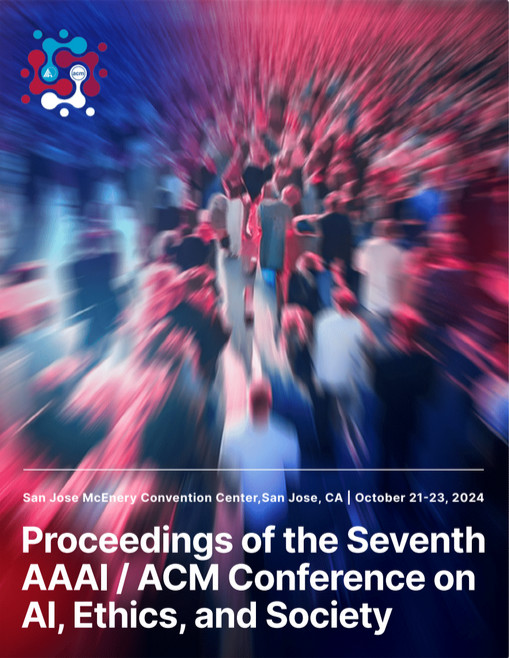Gender, Race, and Intersectional Bias in Resume Screening via Language Model Retrieval
DOI:
https://doi.org/10.1609/aies.v7i1.31748Abstract
Artificial intelligence (AI) hiring tools have revolutionized resume screening, and large language models (LLMs) have the potential to do the same. However, given the biases which are embedded within LLMs, it is unclear whether they can be used in this scenario without disadvantaging groups based on their protected attributes. In this work, we investigate the possibilities of using LLMs in a resume screening setting via a document retrieval framework that simulates job candidate selection. Using that framework, we then perform a resume audit study to determine whether a selection of Massive Text Embedding (MTE) models are biased in resume screening scenarios. We simulate this for nine occupations, using a collection of over 500 publicly available resumes and 500 job descriptions. We find that the MTEs are biased, significantly favoring White-associated names in 85.1% of cases and female-associated names in only 11.1% of cases, with a minority of cases showing no statistically significant differences. Further analyses show that Black males are disadvantaged in up to 100% of cases, replicating real-world patterns of bias in employment settings, and validate three hypotheses of intersectionality. We also find an impact of document length as well as the corpus frequency of names in the selection of resumes. These findings have implications for widely used AI tools that are automating employment, fairness, and tech policy.Downloads
Published
2024-10-16
How to Cite
Wilson, K., & Caliskan, A. (2024). Gender, Race, and Intersectional Bias in Resume Screening via Language Model Retrieval. Proceedings of the AAAI/ACM Conference on AI, Ethics, and Society, 7(1), 1578-1590. https://doi.org/10.1609/aies.v7i1.31748
Issue
Section
Full Archival Papers

